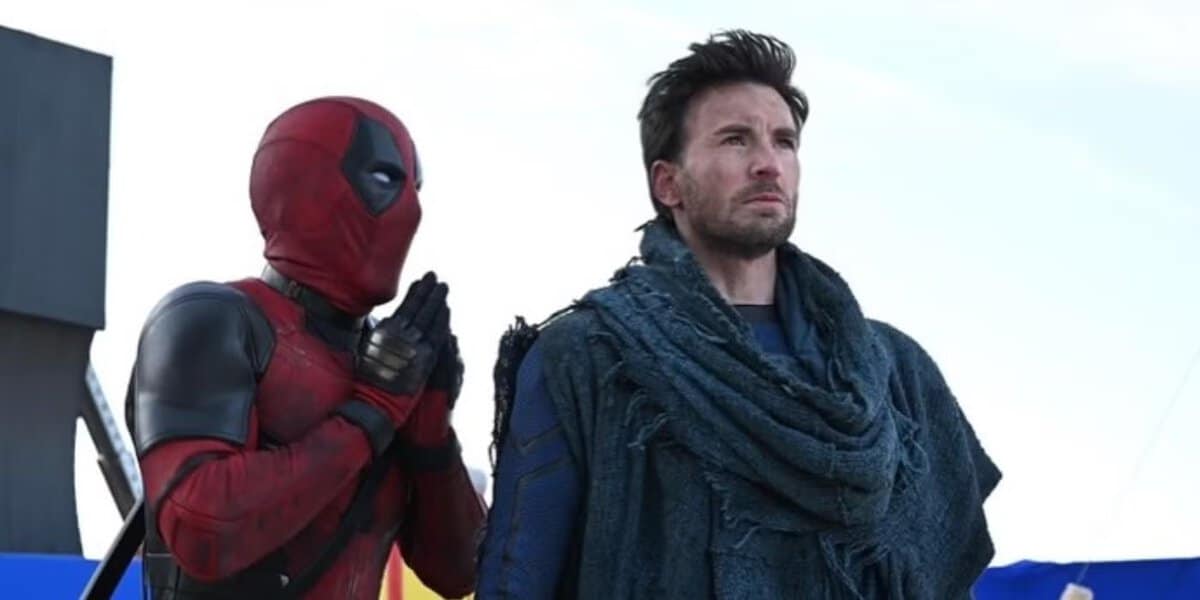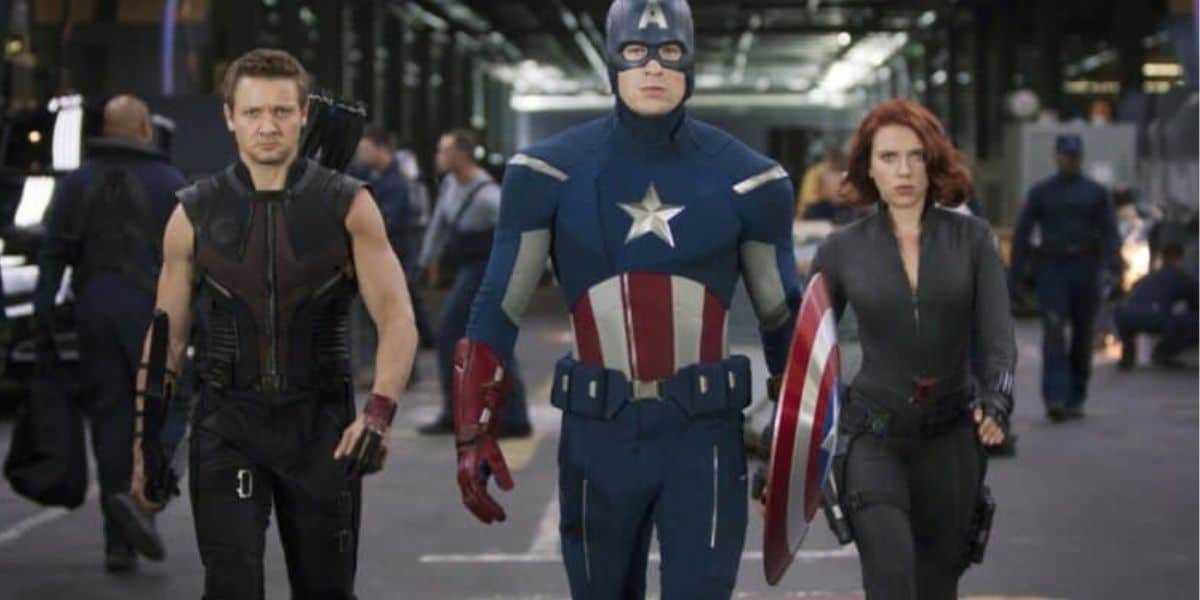MCU Decline Hits Rock Bottom and Disney Makes “Crisis” Decision
For years, the Marvel Cinematic Universe was the gold standard in blockbuster entertainment. From Iron Man (2008) to Avengers: Endgame (2019), Marvel Studios built a cinematic empire that dominated box offices worldwide. But that era is officially over — and Disney knows it.

The Fall After Endgame
In the years following Endgame, Marvel tried to keep the momentum alive with fresh characters, streaming spin-offs, and riskier storylines. Instead of a second golden age, audiences got uneven films, lower box office returns, and a noticeable drop in excitement.
The Marvels set an unwanted record as the lowest-performing MCU movie ever, while Thunderbolts — despite solid reviews — barely scraped $382 million globally on a $180 million budget. Even Phase 1 titles, made with far smaller budgets, managed stronger inflation-adjusted ticket sales. Other recent releases like Captain America: Brave New World and Fantastic Four: First Steps also underperformed, staying in the mid-$400 million range — a far cry from the billion-dollar runs that once felt routine.
Where Audiences Drifted Away
Disney’s heavy reliance on characters introduced through Disney+ shows has been a big gamble that didn’t pay off. While series like WandaVision and Loki found devoted fans, they didn’t convert into blockbuster crowds. Heroes like Ms. Marvel or the Thunderbolts team simply haven’t reached the universal recognition that Iron Man or Captain America commanded.

Kevin Feige appears to be pivoting hard. Rumors suggest Ryan Reynolds’ Deadpool will join upcoming Avengers movies, and in a bold move, Robert Downey Jr. is coming back — not as Tony Stark, but as the iconic villain Doctor Doom in Avengers: Doomsday (2026). His return is meant to stir nostalgia and grab attention, but it’s also a clear signal that Marvel is leaning on its legacy to spark interest.
A Desperate Rebuild
The MCU’s status as a guaranteed money-making machine is gone. What was once a masterclass in interconnected storytelling is now a tangled web of half-baked plots across movies and streaming, leaving audiences fatigued. Add in rising competition from other superhero franchises, and Marvel’s dominance looks shaky.
Avengers: Doomsday is shaping up to be a make-or-break moment. Downey’s Doctor Doom, Reynolds’ Deadpool, and other familiar faces will try to revive the brand. If they fail to ignite enthusiasm, Disney may have no choice but to rethink its entire superhero strategy.
One thing’s certain: the MCU as fans knew it is gone. Disney isn’t making small adjustments — it’s in full crisis mode, dismantling and rebuilding in hopes of keeping Marvel from being remembered as an empire that collapsed as quickly as it rose.

For years, the Marvel Cinematic Universe was the gold standard in blockbuster entertainment. From Iron Man (2008) to Avengers: Endgame (2019), Marvel Studios built a cinematic empire that dominated box offices worldwide. But that era is officially over — and Disney knows it.
The Fall After Endgame
In the years following Endgame, Marvel tried to keep the momentum alive with fresh characters, streaming spin-offs, and riskier storylines. Instead of a second golden age, audiences got uneven films, lower box office returns, and a noticeable drop in excitement.
The Marvels set an unwanted record as the lowest-performing MCU movie ever, while Thunderbolts — despite solid reviews — barely scraped $382 million globally on a $180 million budget. Even Phase 1 titles, made with far smaller budgets, managed stronger inflation-adjusted ticket sales. Other recent releases like Captain America: Brave New World and Fantastic Four: First Steps also underperformed, staying in the mid-$400 million range — a far cry from the billion-dollar runs that once felt routine.
Where Audiences Drifted Away
Disney’s heavy reliance on characters introduced through Disney+ shows has been a big gamble that didn’t pay off. While series like WandaVision and Loki found devoted fans, they didn’t convert into blockbuster crowds. Heroes like Ms. Marvel or the Thunderbolts team simply haven’t reached the universal recognition that Iron Man or Captain America commanded.

Kevin Feige appears to be pivoting hard. Rumors suggest Ryan Reynolds’ Deadpool will join upcoming Avengers movies, and in a bold move, Robert Downey Jr. is coming back — not as Tony Stark, but as the iconic villain Doctor Doom in Avengers: Doomsday (2026). His return is meant to stir nostalgia and grab attention, but it’s also a clear signal that Marvel is leaning on its legacy to spark interest.
A Desperate Rebuild
The MCU’s status as a guaranteed money-making machine is gone. What was once a masterclass in interconnected storytelling is now a tangled web of half-baked plots across movies and streaming, leaving audiences fatigued. Add in rising competition from other superhero franchises, and Marvel’s dominance looks shaky.
Avengers: Doomsday is shaping up to be a make-or-break moment. Downey’s Doctor Doom, Reynolds’ Deadpool, and other familiar faces will try to revive the brand. If they fail to ignite enthusiasm, Disney may have no choice but to rethink its entire superhero strategy.
One thing’s certain: the MCU as fans knew it is gone. Disney isn’t making small adjustments — it’s in full crisis mode, dismantling and rebuilding in hopes of keeping Marvel from being remembered as an empire that collapsed as quickly as it rose.






What’s needed is simple. Stay true to who the characters and focus on storytelling. After Endgame, it was publicly stated that the focus going forward would be diversity. Not gripping stories, not even dazzling special effects, but diversity. Focus on the stories. And have diversity. It worked for Superman.